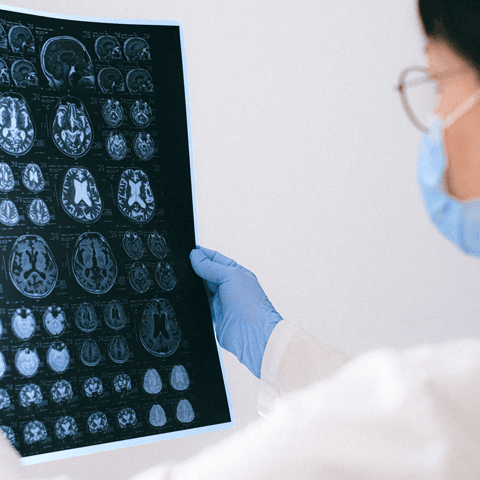
Questions to Ask the Neurologist
A diagnosis of dementia, whether your own or a loved one’s, may leave everyone involved feeling overwhelmed, anxious and uncertain about what the future will hold. It’s important to gather as much information from your doctor as you can. Asking the right questions can help you navigate your appointments and this journey. Dr. Farrah Daly, neuropallative specialist, shares some questions that she recommends to help guide your conversations.
- Are you comfortable helping me with knowing what to expect of the future and able to help with my medical advance care planning? If not, can you recommend someone for this?
- Will you spend time talking with me about how my life/care needs will change over time? If not, can you recommend someone for this?
- What can I do to live as well as I can for as long as I can?
- How do I get connected with clinical trials?
- Should a family member or friend be joining me at my doctor's visits?
- What is the purpose of the medication you prescribed me? (I.e. to improve my condition vs slow down decline)
- When will I stop the medication?
- Is my dementia a certain type? Does it matter?
- Are there certain medicines or activities I should avoid?
We have created a worksheet for you to save and print out if you would like to bring these questions with you to your next appointment or send them to a loved one who may benefit.
Author
Dr. Daly is a neuropalliative specialist in Northern Virginia. She completed medical internship at Yale New Haven Hospital in New Haven, CT and neurology residency at the University of Virginia in Charlottesville, VA. An experience with a family member’s hospice care inspired her to pursue a fellowship in palliative medicine at Capital Hospice in Northern Virginia. She has worked for 11 years as a neuropalliative consultant and as a hospice medical director in the Northern Virginia region. She started EvenBeam Neuropalliative Care, LLC in March 2021 to better serve the community of people living with neurologic illness.
Blog
"I like that IMCC focuses on dementia-related problems and provides a focal point for families to network and socially interact in coping with dementia. It provides a community that helps us in our struggle."







